State Senate Election Committee Chair Glazer calls for recall system reform
Friday, September 17th, 2021Senator Glazer calls it “flawed” “broken” in spite of only two recalls of governor in state history; joins Assembly member Berman, Assembly Election Committee Chair to hold hearings to examine needed changes in wake of recently concluded recall election
By Scott Harmon, Policy Analyst/Communications, Office of Sen. Steve Glazer
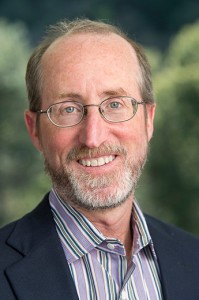
State Senator Steve Glazer. (D-7-Orinda)
Sacramento – Following Tuesday night’s recall election of the governor, only the second one to qualify for the ballot in state history, the California Legislature’s two leading members on election issues on Wednesday announced a coordinated effort to examine reforms to California’s recall election system.
Senator Steve Glazer (D – Contra Costa) and Assemblymember Marc Berman (D – Menlo Park) and said they are determined to fix a broken system in the wake of the 2021 gubernatorial recall election, which raised questions about whether a system designed in the early 20th century has enough checks and balances to ensure democratic and fair elections.
Berman, Chairman of the Assembly Committee on Elections, and Glazer, Chairman of the Senate Committee on Elections and Constitutional Amendments, will hold a series of bipartisan joint hearings in the coming months to begin a statewide discussion regarding potential improvements to California’s recall laws. The intent is to produce a proposal that will be taken up in the Legislature during the 2022 legislative session.
“Now that the recall is over, I believe it is time to re-evaluate and update California’s recall process,” said Senator Glazer. “The voters want to see a more democratic process put in place that keeps elected officials accountable but, prevents political gamesmanship of the rules. We hope to work with policy experts and stakeholders of different political perspectives on a viable solution that ultimately makes sense for a modern-day California.”
The recall process is one of four ways the state’s voters can have direct impact on the legislative and governing process, which also include electing representatives, as well as the referendum and initiative. (See CA Constitution Article II) Under the leadership of then Gov. Hiram Johnson came into office proposing the three major populist changes, bringing direct democracy to California. According to Ballotpedia, “Johnson and the new Progressive majority in the legislature made the most sweeping governmental changes ever seen in the history of California. Among these were the introduction of initiative, referendum, and recall at both the state and local levels. Voters ratified these amendments in a special election on October 10, 1911.”
At that time, Johnson said, “they do give to the electorate the power of action when desired, and they do place in the hands of the people the means by which they may protect themselves.”
According to the Secretary of State’s website, “Since 1913, there have been 179 recall attempts of state elected officials in California. Eleven recall efforts collected enough signatures to qualify for the ballot and of those, the elected official was recalled in six instances.” Of those 179, 55 were attempted recalls of the governor, two qualified for the ballot, Grey Davis and Newsom, and only Davis was successfully recalled.
The committees will evaluate recall laws in other states, and will invite experts to examine California’s recall process, including issues such as grounds for removal; signature gathering requirements; process of succession if a governor is recalled; and other issues. The process will be open to the public in an effort to maintain the utmost transparency, and the committees also hope to include the expertise of elections officials, political scientists, legal experts, and others.
“While the recall is an important tool for voters to address misconduct or corruption by elected officials, yesterday’s election highlighted the fundamentally undemocratic nature of California’s existing recall process,” said Assemblymember Berman. “California law should not allow someone else to be recalled and replaced by a candidate who receives far fewer votes. I look forward to hearing from a bipartisan group of experts about how California’s recall process should be reformed.”
Senate President pro Tempore Toni G. Atkins said that she supports examining recall reform.
“A thorough review of California’s recall law is timely and worthy of debate, and I would like to thank Senator Glazer and Assemblymember Berman for spearheading the efforts to start this important conversation,” Atkins said.
Assembly Speaker Anthony Rendon said, “It is totally appropriate to begin discussion of reforming the recall process. We came far too close to having a governor elected by a tiny fraction of eligible voters. While that is no way to pick the leader of the most populous state in the nation, it would be equally wrong to make any changes without a thorough study of alternatives. I look forward to hearing the discussion.”
The recall process was adopted in California almost 110 years ago but, has been used sparingly for most of the state’s history. More than 70% of the attempts to recall elected state officials that have qualified for the ballot, including the only two statewide recall elections in California history, have occurred in the last 27 years. Each of California’s last nine Governors has faced multiple recall attempts, though only two of those attempts have qualified for the ballot.
Two recent polls, conducted by the Public Policy Institute of California and by the Institute of Government Studies at the University of California, Berkeley, have found that a majority of voters favor keeping but reforming the recall process.
Allen Payton contributed to this report.











 Every year seems to bring one challenge after another, and in California, we’re used to tackling them head-on. But while Californians have become accustomed to wildfire season and the unpredictability it brings, patients in Contra Costa County have unfortunately also become accustomed to their quality of emergency medical services (EMS) going up in flames. To make matters worse, our state officials are considering legislation that would guarantee this inadequate patient care continues.
Every year seems to bring one challenge after another, and in California, we’re used to tackling them head-on. But while Californians have become accustomed to wildfire season and the unpredictability it brings, patients in Contra Costa County have unfortunately also become accustomed to their quality of emergency medical services (EMS) going up in flames. To make matters worse, our state officials are considering legislation that would guarantee this inadequate patient care continues.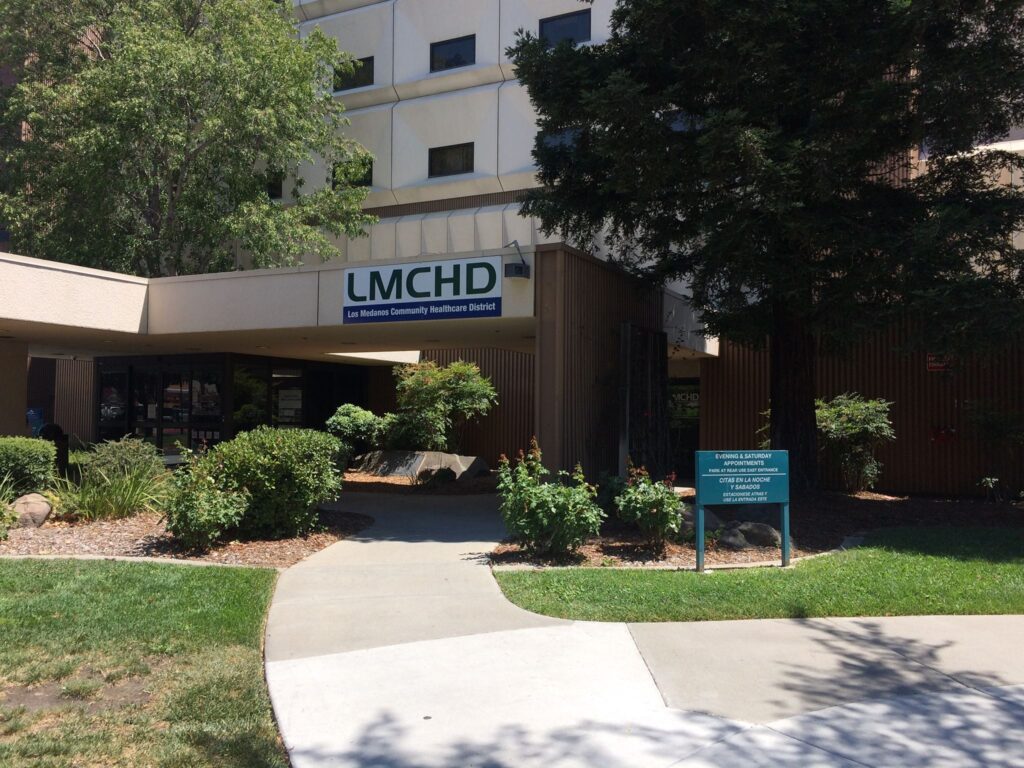
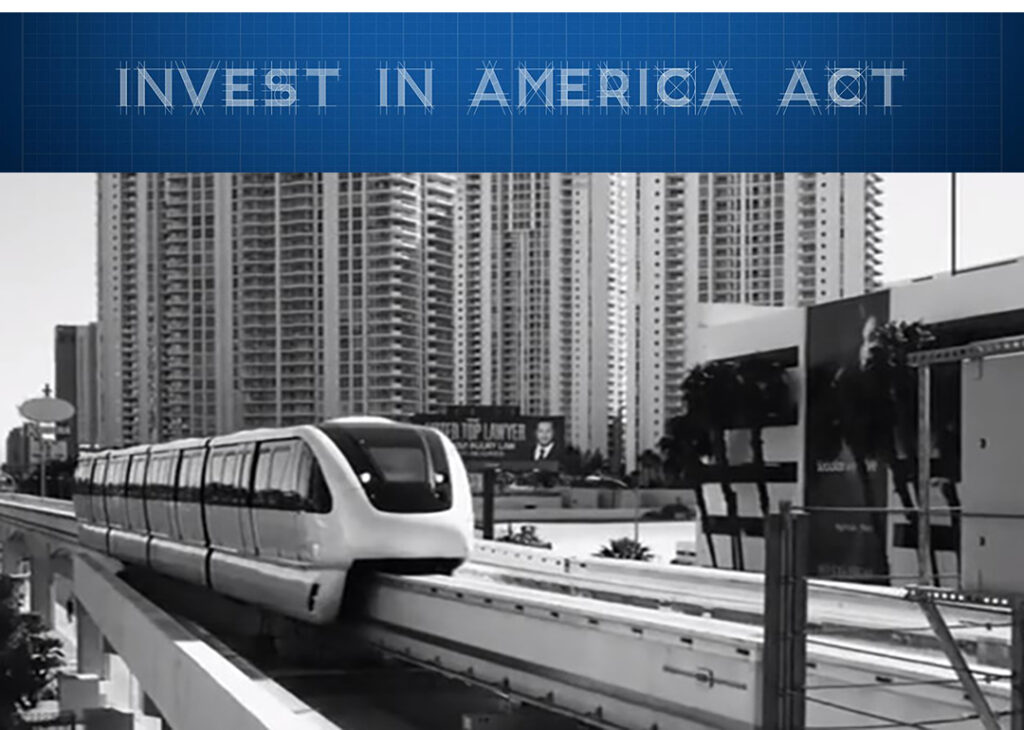
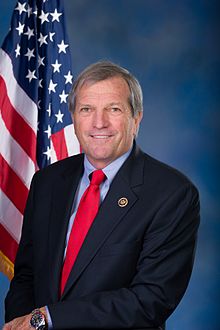
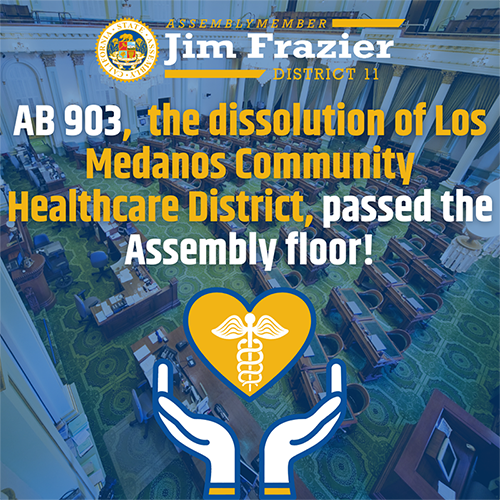
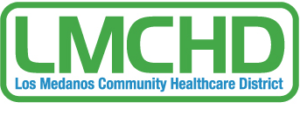 On Monday, May 10, 2021, Assemblymember Jim Frazier’s (D-Fairfield) bill,
On Monday, May 10, 2021, Assemblymember Jim Frazier’s (D-Fairfield) bill, 
 Introduces three bills
Introduces three bills














